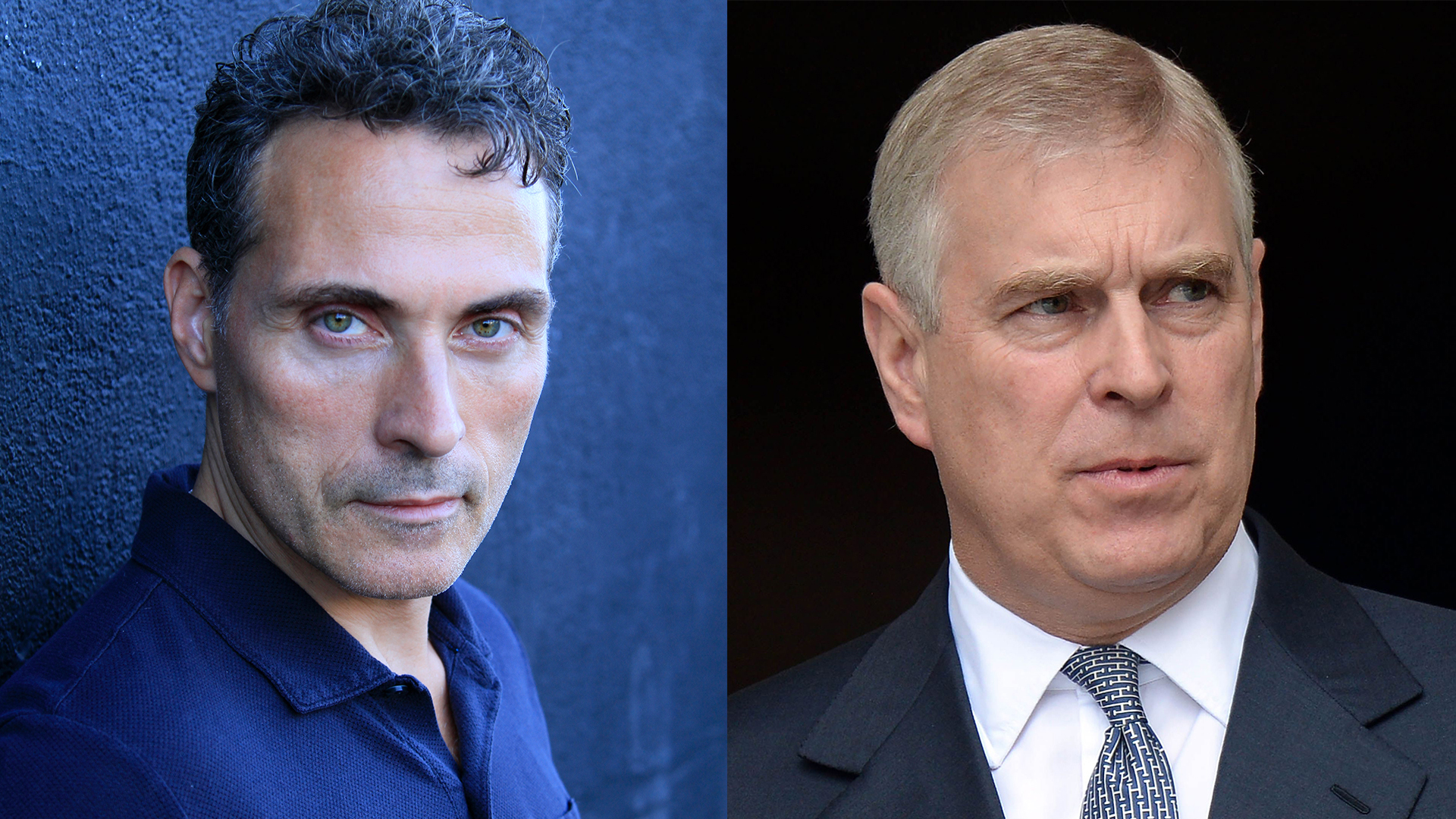Faber Survives No-Confidence Motion In Parliament

Table of Contents
The Vote Breakdown
The no-confidence vote concluded with a razor-thin margin of victory for Prime Minister Faber. The final tally revealed 217 votes in favor of the motion to oust Faber, and 222 votes against. This means Faber's government secured a majority of only 5 votes. This incredibly close no-confidence vote showcases the fragility of his current political standing.
- A Close Call: The five-vote margin highlights the precarious position of the Prime Minister and his government. Many political analysts predicted a far closer result, and some even speculated on a potential defeat. The small margin of victory leaves little room for error going forward.
- Key Abstainers: Three members of Faber's own party abstained from the vote, a significant development that underscores internal divisions within the ruling coalition. The absence of two more Conservative MPs due to illness added further pressure on Faber's leadership. The impact of these abstentions and absences cannot be overstated, highlighting a potential vulnerability within the ruling party's ranks.
- Opposition Unity (or Lack Thereof): While the opposition parties presented a united front in calling for the no-confidence vote, subtle differences in their approaches were evident. The lack of absolute unity among opposition parties suggests opportunities for Faber to potentially exploit divisions in the coming months.
[Insert chart or graph here visualizing the vote breakdown: For, Against, Abstain, Absent]
Faber's Response and Strategy
Following the announcement of the voting results, Prime Minister Faber delivered a defiant speech, emphasizing his commitment to delivering on his party's promises and outlining a revised strategy for governance. His speech focused on economic stability and reforms to address social inequality. The tone was resolute, aiming to project an image of strength and stability despite the narrow victory in the no-confidence vote.
- Coalition Building: Leading up to the vote, Faber engaged in intense behind-the-scenes negotiations with smaller parties and independent members of Parliament. This involved offering key concessions and compromises, including a promise of increased funding for regional development projects.
- Persuasive Tactics: The Prime Minister and his team conducted a vigorous campaign to persuade wavering members of their own party and secure their votes. This involved targeted lobbying and direct appeals emphasizing the importance of maintaining government stability and avoiding a potential snap election.
- Prime Minister's Speech Highlights: Faber's speech highlighted key areas of future policy focus, including job creation, environmental initiatives, and improvements to the national healthcare system, all designed to attract support from a wider electorate and consolidate the ruling party's position.
Reactions from Opposition Parties
The opposition parties reacted with a mixture of disappointment and determination. While acknowledging their failure to unseat the Prime Minister, they pledged to continue scrutinizing the government's actions and pressuring them on key issues.
- Quotes from Opposition Leaders: Leader of the Opposition, Ms. Anya Sharma, stated, "While we failed to achieve our immediate goal, this vote has exposed the fragility of Faber's government. We will continue our fight for the people." Other opposition leaders echoed similar sentiments, highlighting concerns over government transparency and accountability.
- Future Strategies: The opposition parties are now reevaluating their strategies, aiming to identify potential vulnerabilities in the government's position and capitalize on any future missteps.
- Increased Scrutiny: Expect intensified scrutiny of government policies and actions. The opposition will likely use parliamentary mechanisms to hold the government accountable and expose any potential flaws in their policies or actions.
Impact on the Political Landscape
Faber's survival of the no-confidence motion has significant short-term and long-term implications for the political landscape.
- Short-Term Implications: The government will likely experience a period of political instability as internal divisions within the ruling party may continue to surface. Public confidence in Faber's leadership may also waver, creating uncertainty and challenging effective governance.
- Long-Term Implications: The narrow victory could embolden the opposition, prompting them to intensify efforts to challenge the government in the future. It also raises questions about the stability of the government and its ability to navigate future challenges, potentially leading to a snap election sooner than expected. The political climate is likely to remain highly charged.
- Effect on Future Elections: The outcome casts a shadow over upcoming elections. Faber's survival significantly impacts the upcoming election cycle, but the extent remains uncertain. The event could consolidate support for the ruling party but equally could galvanize opposition, shaping the political dynamics of the elections to come.
Faber's Survival and the Road Ahead
In conclusion, Prime Minister Faber survives no-confidence motion by a narrow margin, highlighting the fragility of his government's position. The vote breakdown revealed deep divisions within his own party, while the opposition’s response indicated a determination to continue its challenge. The political implications are far-reaching, potentially affecting government stability, future policy decisions, and the timing of the next general election. Faber survives no-confidence vote, but the road ahead remains challenging and uncertain. Faber's victory in the no-confidence motion is short-lived unless he addresses the underlying weaknesses exposed by this crucial vote. Share your thoughts on this pivotal political event in the comments below or on social media using #FaberSurvives #NoConfidenceMotion #ParliamentaryPolitics.

Featured Posts
-
 Wbc Final Eliminator Cissokho Meets Kavaliauskas
May 11, 2025
Wbc Final Eliminator Cissokho Meets Kavaliauskas
May 11, 2025 -
 James O Keefes Latest Undercover Scoop Targets Prince Andrew
May 11, 2025
James O Keefes Latest Undercover Scoop Targets Prince Andrew
May 11, 2025 -
 Adam Sandlers Massive Net Worth A Look At His Comedy Empire
May 11, 2025
Adam Sandlers Massive Net Worth A Look At His Comedy Empire
May 11, 2025 -
 New Scholarship Fund Aims To Support Aspiring Racers The Rahal Initiative
May 11, 2025
New Scholarship Fund Aims To Support Aspiring Racers The Rahal Initiative
May 11, 2025 -
 Esta Adaptacao De Quadrinhos De Stallone Merece Mais Reconhecimento
May 11, 2025
Esta Adaptacao De Quadrinhos De Stallone Merece Mais Reconhecimento
May 11, 2025
